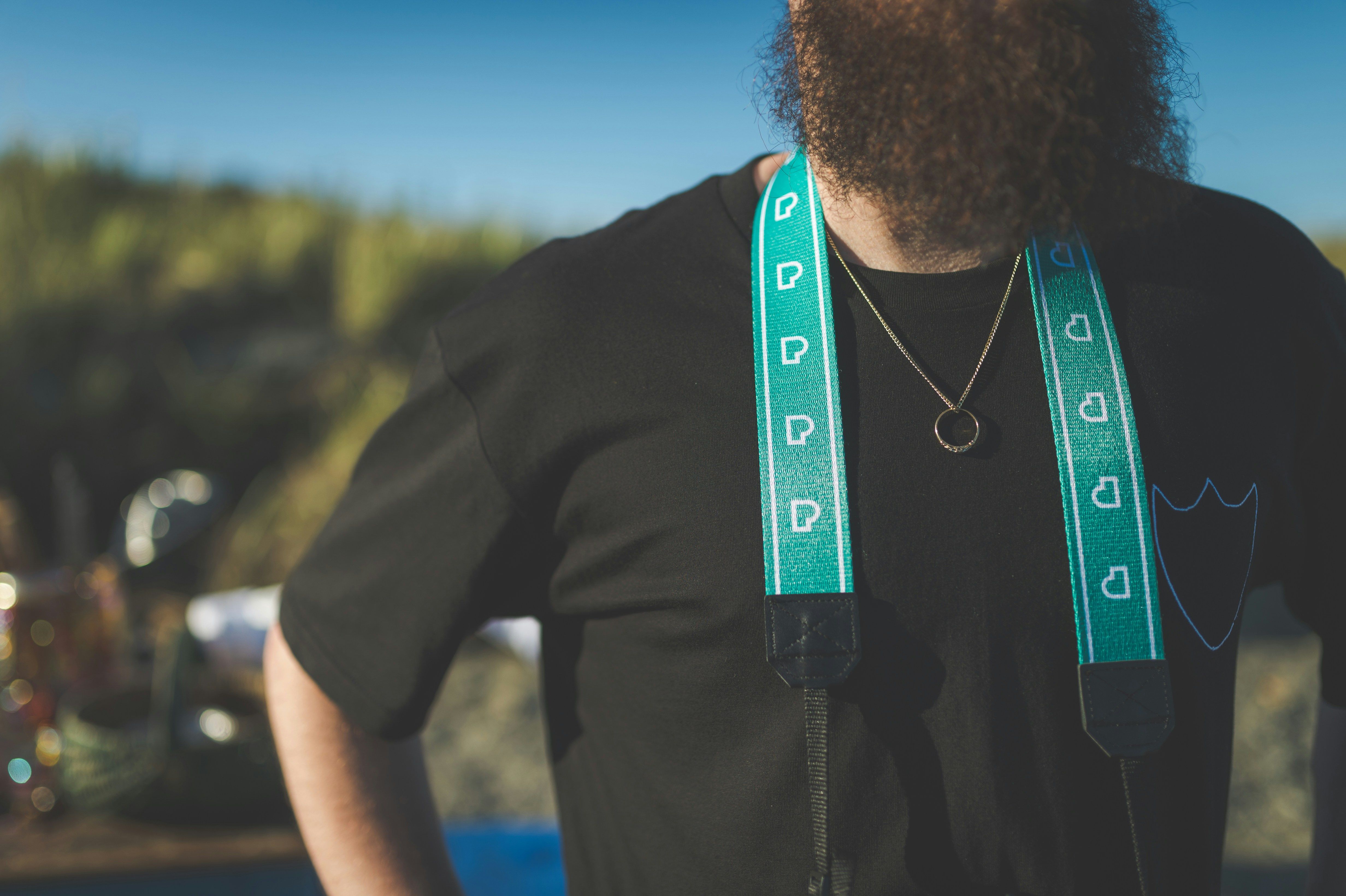Iris identification technology, spearheaded by Sam Altman, makes its debut in the United States, spurring concerns about privacy and potential global dominance
Sam Altman, the CEO of OpenAI - the company behind ChatGPT - has ventured into a new territory: a biometric identity project called World (previously known as Worldcoin). This ambitious initiative has sparked a blend of excitement and apprehension, as it combines the allure of a futuristic sci-fi narrative with mounting global concerns.
The heart of the project lies in its technology, which verifies individuals by scanning their irises in exchange for a share of cryptocurrency and a digital ID called World ID. To showcase the technology, a more compact version of the signature imaging device, Orb, was unveiled at the San Francisco launch event.
Altman pitched the launch as a crucial step towards establishing digital trust in an AI-driven future. However, with great ambition comes controversy. World has already faced legal scrutiny on multiple continents, including suspensions from Spanish authorities, fines in Argentina, criminal investigations in Kenya, and orders to halt operations in Hong Kong due to excessive and unnecessary data collection.
Regardless of these hurdles, World maintains that its system is secure. The Orb doesn't store actual images of users' eyes but instead generates an encrypted "iris code" tied to a blockchain-based digital identity. Yet, critics remain skeptical. "Once you link an unchangeable biometric like your eye to a global ID system, you can't take it back," one cybersecurity expert cautioned, referring to the potential for surveillance.
As CEO of OpenAI, Altman, 39, has been at the helm of AI's mainstream adoption, yet fears about deepfakes, misinformation, and job displacement persist. Now, with World, he shifts his focus from artificial intelligence to verifying the humans that still rely on these technologies.
The app has already confirmed over 11 million identities worldwide and is expanding rapidly. The U.S. rollout comes amid the Trump administration's backing for digital assets and emerging tech. As President Trump champions making the nation the "crypto capital of the world," Altman seems to be seizing this supportive environment to bring World home after a measured international rollout.
Looking ahead, World has partnered with Visa to release the World Card, a crypto-linked debit card, later this year. Additionally, a partnership with Tinder in Japan aims to combat romance fraud by allowing users to verify their identities via iris scan.
However, as artificial intelligence evolves and biometric systems proliferate, Americans face a dilemma: to trade their personal data - in this case, their eyes - for convenience and access, or stand aside.
Insights
The long-term implications of Sam Altman's biometric identity project, World ID, are vast and multi-faceted. While the project aims to provide secure human verification, it raises significant ethical and legal questions regarding privacy, consent, surveillance, and regulatory compliance. As the project expands worldwide, it is essential to address these concerns and ensure public trust and adherence to legal standards.
- Privacy Risks: The collection, storage, and potential misuse of biometric data, including iris scans, are significant concerns. This data is difficult to change or protect if compromised and may lead to mass surveillance and control.
- Ethical Concerns: Questions arise around consent, awareness, and control of one's data. Users might not fully comprehend the implications of providing biometric data and incurring the extent to which it will be used.
- Legal Concerns: The project has faced global legal scrutiny, raising questions about its ability to comply with various data protection laws, such as GDPR, and potential violations of criminal laws.
- Broader Implications: The implications extend beyond the project itself. The fusion of AI systems with biometric verification raises questions about who controls the data and how it might be used, highlighted by experts' concerns over dystopian scenarios.
In conclusion, by embracing World ID, we leap closer to a future where humans will interact with a plethora of AI-driven services and platforms with greater ease. Yet, the potential pitfalls - from privacy infringements to threats to democratic freedoms - must not be ignored as we continue to navigate this brave new world.
[1] https://www.forbes.com/sites/peters leap/2022/08/23/stop-putting-bionic-eyes-on-military-drones/?sh=51d9e7f22246[2] https://www.politico.com/news/2022/07/27/worldcoin-biometric-surveillance-1010249[3] https://www.vice.com/en/article/qkbq9z/world-coin-worldid-altman-openai-biometric-surveillance-money[4] https://www.reuters.com/technology/us-security-agency-working-blockchain-military-applications-worldcoin-co-founder-says-2022-07-07/[5] https://www.ibtimes.sg/world-can-use-blockchain-solve-global-poverty-field-expert-2031215[6] https://www.theguardian.com/technology/2022/jul/28/payment-platform-worldcoin-designed-by-elon-musks-neuralink-issued-with-warning-over-data-privacy-risks
- The World ID project, spearheaded by Sam Altman, leverages artificial intelligence and biometric technology, specifically iris scanning, to create a digital identity system that intertwines finance, crypto, and capital, raising questions about privacy, consent, and ethical implications.
- Critics of World ID express concerns that the collection and potential misuse of biometric data, such as iris scans, could lead to mass surveillance and control, with significant legal and regulatory challenges worldwide, including suspensions and fines in various countries.
- In the context of an AI-driven future and the growing integration of biometric systems, individuals face a dilemma: to trade personal data, such as their eyes, for convenience and access, or to stand aside, considering potential privacy infringements and threats to democratic freedoms.






